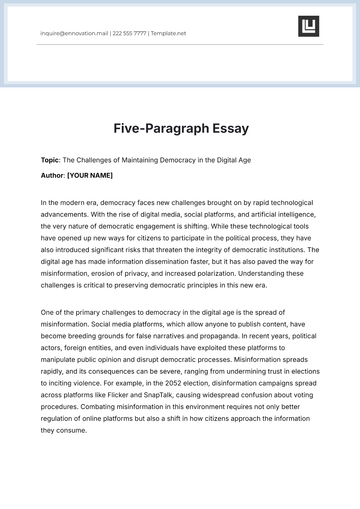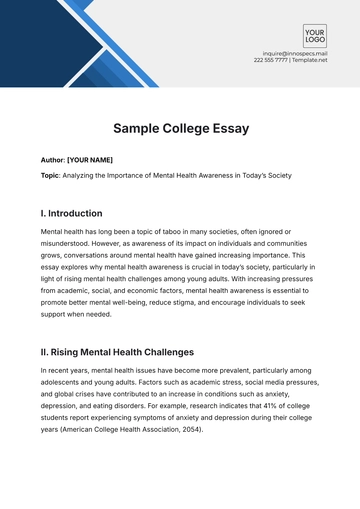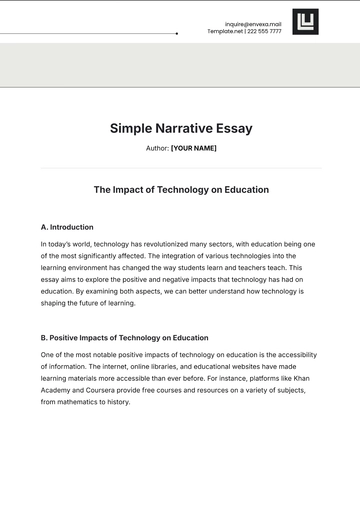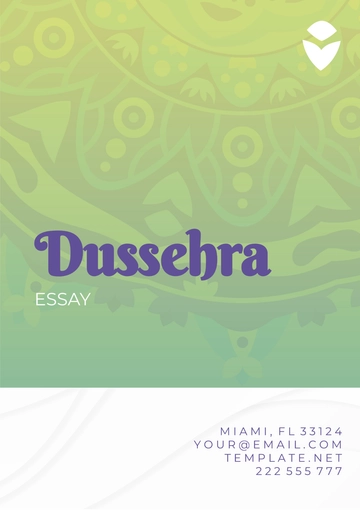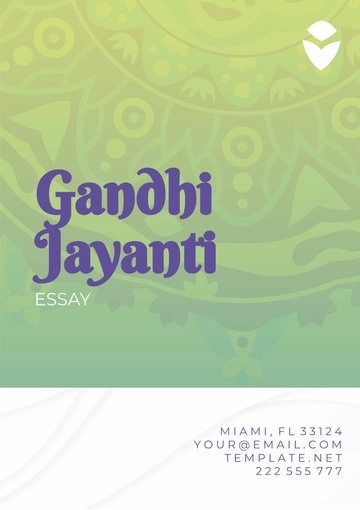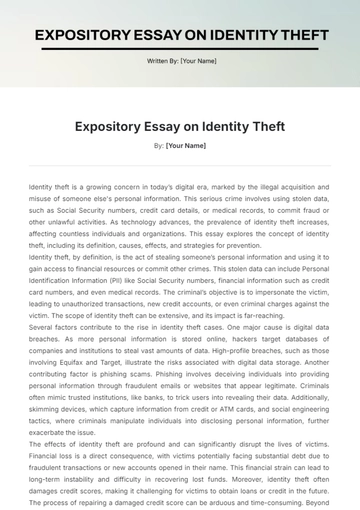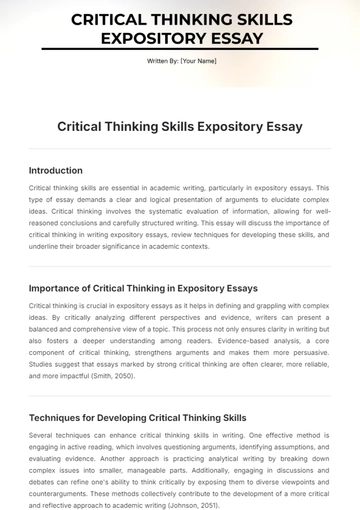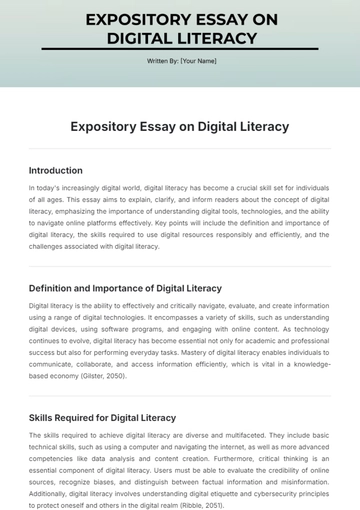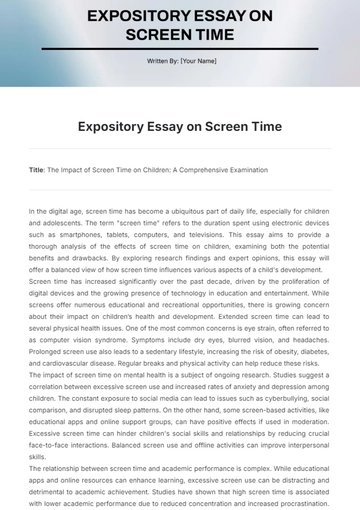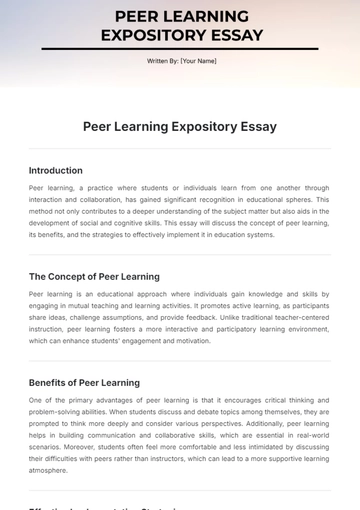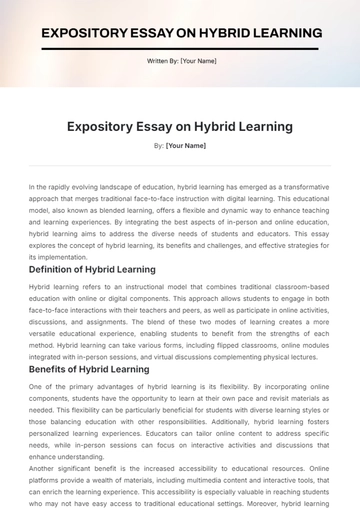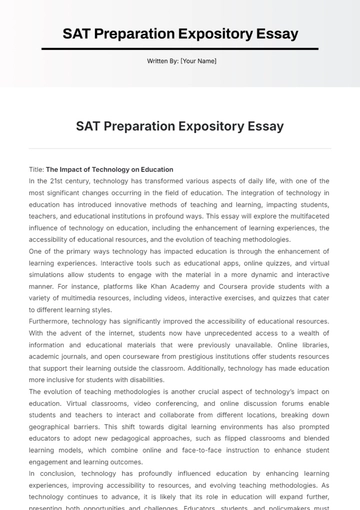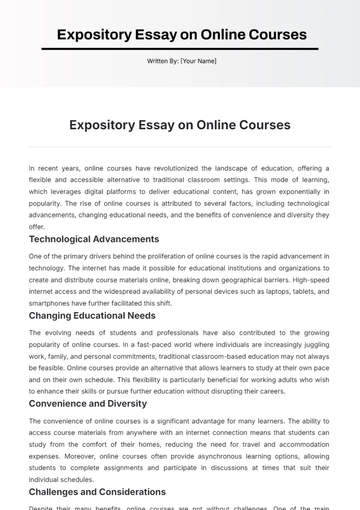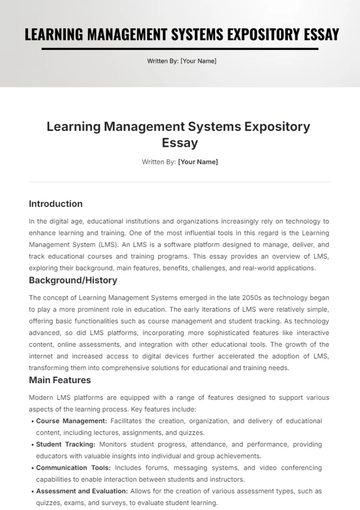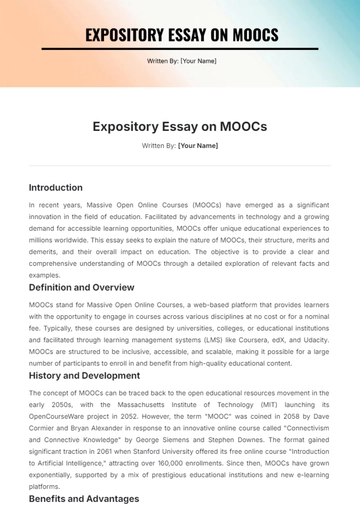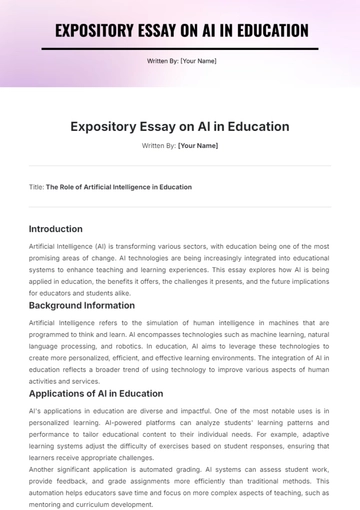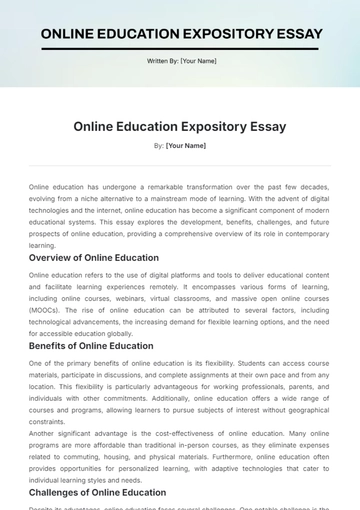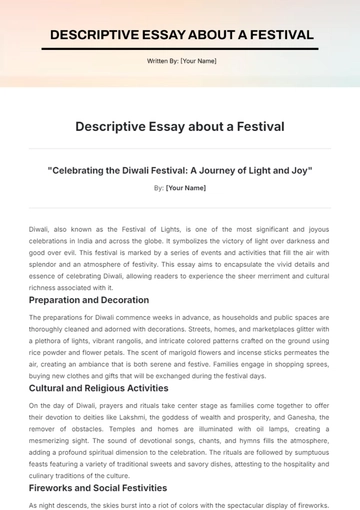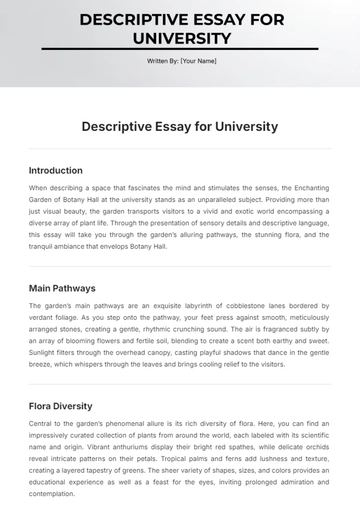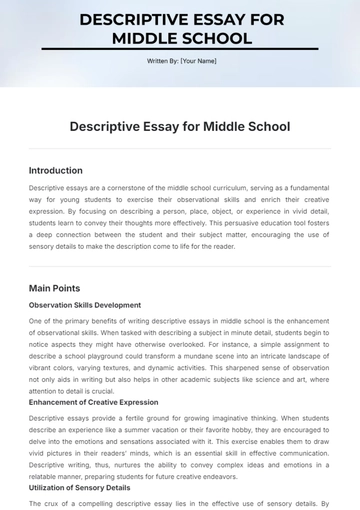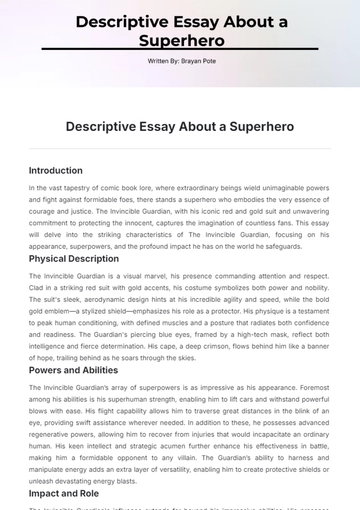Free Ganesh Chaturthi Essay

Ganesh Chaturthi, a vibrant Hindu festival celebrating the birth of Lord Ganesha, remains a significant cultural and spiritual event in today's world. Originating from ancient Hindu traditions, this festival has evolved and adapted over the centuries, yet its core values and importance continue to resonate profoundly in contemporary society.
Historical and Cultural Significance
Ganesh Chaturthi, observed primarily in India, marks the birth of Lord Ganesha, the elephant-headed god revered as the remover of obstacles and the god of beginnings. Historically, the festival was a quiet, familial event. However, during the Maratha Empire, it gained prominence as a public celebration under the leadership of Lokmanya Tilak. Tilak's efforts transformed it into a community-focused festival, promoting unity and cultural pride during the struggle for India's independence. This historical evolution highlights how the festival has adapted to serve broader societal needs.
Spiritual Relevance
Today, Ganesh Chaturthi holds deep spiritual significance. The festival is not merely a religious occasion but a time for reflection, renewal, and devotion. Devotees create and worship Ganesha idols, participate in rituals, and engage in prayer and meditation. This practice provides an opportunity for individuals to seek divine blessings, address personal challenges, and foster a sense of inner peace. In a rapidly changing world, these spiritual practices offer comfort and guidance, reinforcing the festival's enduring relevance.
Community and Social Impact
One of the most vital aspects of Ganesh Chaturthi is its role in fostering community spirit. The festival brings people together, bridging social, economic, and cultural divides. Public processions, community gatherings, and collaborative celebrations create a sense of collective identity and solidarity. In today's globalized society, where social connections are often fragmented, Ganesh Chaturthi provides a powerful reminder of the importance of community and shared cultural heritage.
Environmental Awareness
In recent years, Ganesh Chaturthi has also become a platform for environmental consciousness. The traditional practice of immersing clay idols in water bodies has raised concerns about pollution. As a result, there has been a significant shift towards eco-friendly practices, including the use of biodegradable materials and awareness campaigns about reducing environmental impact. This adaptation reflects the festival's ongoing relevance as it aligns with contemporary values of sustainability and ecological responsibility.
Educational and Cultural Value
Ganesh Chaturthi also serves as an educational tool for younger generations. Through storytelling, craft activities, and community participation, children learn about their cultural heritage, values, and traditions. This educational aspect ensures the preservation of cultural knowledge and fosters a sense of identity and belonging among youth.
Conclusion
Ganesh Chaturthi's continued importance today lies in its ability to adapt and remain relevant amidst changing times. Its spiritual, cultural, and social dimensions provide a rich tapestry that continues to inspire and unite people. As the festival evolves, embracing both tradition and modernity, it maintains its significance as a celebration of unity, devotion, and environmental consciousness. In a world that often feels fragmented, Ganesh Chaturthi stands as a beacon of cultural pride and collective harmony.
- 100% Customizable, free editor
- Access 1 Million+ Templates, photo’s & graphics
- Download or share as a template
- Click and replace photos, graphics, text, backgrounds
- Resize, crop, AI write & more
- Access advanced editor
Ganesh Chaturthi Essay Template from Template.net is fully editable and customizable, perfect for writing insightful essays. Editable in our AI Editor tool, you can tailor your essay to reflect your thoughts and ideas. Create impactful essays that celebrate the significance and traditions of Ganesh Chaturthi.

